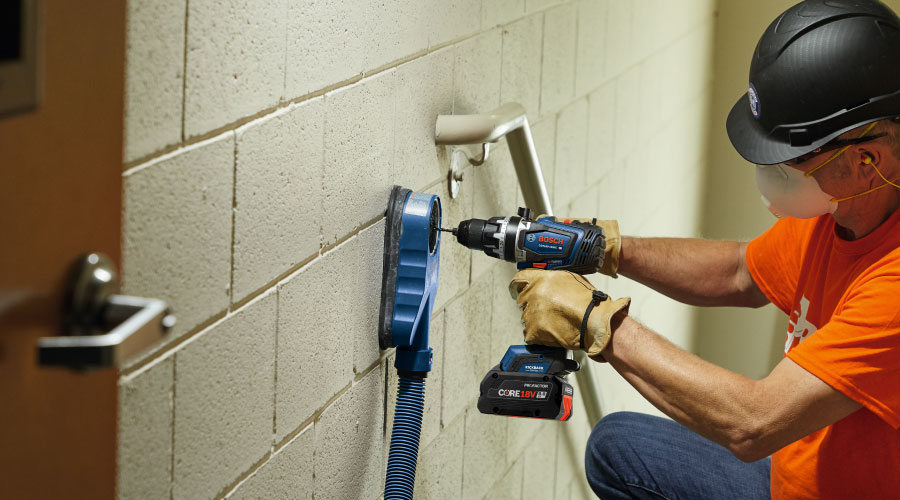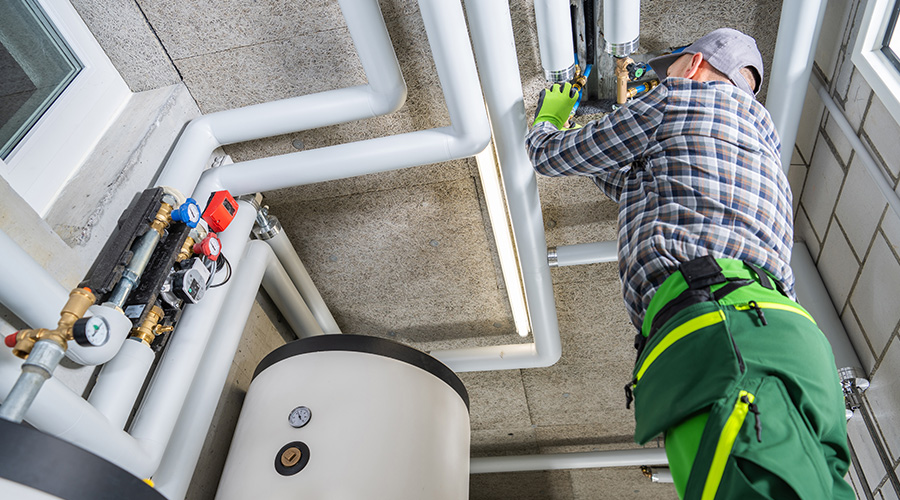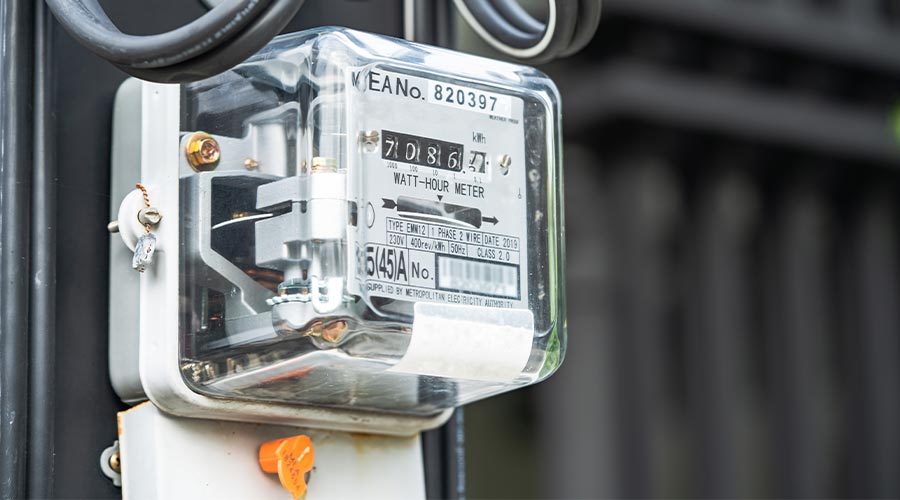CHP System Lowers Utility Bills, Generates Reliable Power
Among the biggest benefits of CHP systems are energy efficiency and reduced greenhouse-gas emissions. The system reduces the university's carbon footprint by 10,000 metric tons annually.
"As long as we stay over 54 percent efficient, we can sell Class III RECs (renewable-energy credits)," Romatzick says. "The plant runs at about 54 percent, compared to a normal power plant in our area that runs in the 30s. We're not only saving carbon footprint on our end, but by reducing load on the dirtier plants in the state, we save it on that end also."
Because the university generates its own power and makes effective use of its waste heat, the CHP system also lowers utility bills.
"You're utilizing the waste heat that's coming up the stack," Romatzick says. "You're also not paying any of your transmission costs for your electricity. Anything that you're producing on site, you're only paying for your fuel costs. Half of your utility bill is transmission costs.
"On the other hand, you're not using the volume (you once were), so the other end of your electrical costs go up a little bit. We were considered a large user at one time, so you get a little better rate. And then when you reduce your usage, your rate goes up a little bit."
Aside from cost savings, improved energy efficiency, and smaller carbon footprint, CHP systems also provide facilities with more reliability.
"For us, having the ability to run the campus in the wintertime as an island in the event of storms (is important)," Romatzick says. "We're in the Northeast. If there are storms, we do lose power quite often in the wintertime. All the transmission lines up here are above ground, so any time a tree limb comes down or a pole is hit by a car, the university would lose electricity."
Related Topics:















